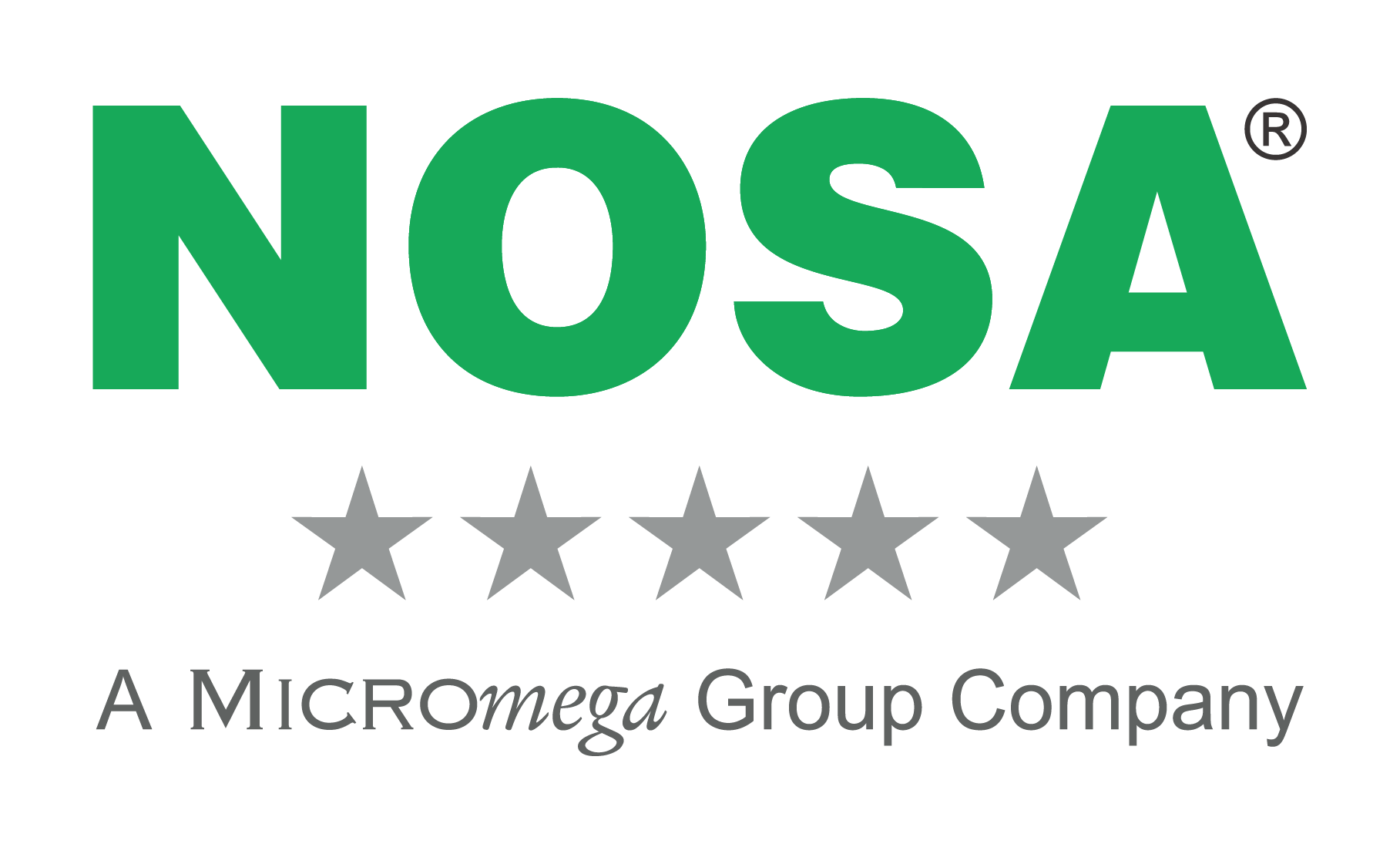Have you ever considered a career in health and safety? In general, health and safety professionals are passionate and committed to their jobs, but very often it is a career path they fell into as opposed to planned. BUT, the good news is health and safety offers a range of opportunities, and a lifetime career path that will build on your professional skills set.
If you are considering a career (and not just a job) in health and safety, we answer the following common five questions to prepare you for what to expect.
-
Where do health and safety professionals work?
Occupational safety and health professionals are employed in both the public and private sectors to ensure the safety and productivity of working environments. They are found in a variety of settings including offices, construction sites, mines and factories.
-
What will my duties include?
As an occupational health and safety specialist you will carry out inspections of work environments and notify management of any violations. You will provide recommended actions to rectify hazardous or potentially hazardous situations.
Part of an occupational health and safety specialist’s job will include designing:
- work spaces
- methods
- controls
- programmes
that help prevent injuries or illnesses, and death.
Also, when patterns of illness, injury or absenteeism appear, occupational safety and health specialists will investigate these. You might, as part of your job, be expected to assess potentially harmful substances, such as dust and gas.
-
Can I look forward to long-term growth? Will I earn a decent salary?
 As of May 2014, the estimated average annual salary could be as much as R600 000. Those working in basic chemical manufacturing generally earn the most, with an average annual salary of R1 million. From 2012 to 2022, it was projected that employment of occupational health and safety technicians would increase by about 11%, roughly as fast as the average for all occupations.
As of May 2014, the estimated average annual salary could be as much as R600 000. Those working in basic chemical manufacturing generally earn the most, with an average annual salary of R1 million. From 2012 to 2022, it was projected that employment of occupational health and safety technicians would increase by about 11%, roughly as fast as the average for all occupations.
-
What are the requirements for a health and safety job?
Education requirements for occupational health and safety specialists
Most occupational safety and health specialists are required to have a tertiary qualification in occupational health, safety or a related field. Coursework in occupational safety and health includes training in (for instance):
- Industrial accident standards
- Fire prevention
- Hazardous materials
- Safety management
- Chemistry
- Toxicology
Practical work experience is also required. While pursuing your tertiary education, students can obtain internships to gain on-the-job training and experience.
Education requirements for technicians
An array of relevant short courses is often sufficient to gain an entry-level position as an occupational safety and health technician. Some technicians acquire their positions through work experience, training and advancement. Additional education to learn applicable laws and safety procedures is required for all occupational safety and health employees. Classes to become an aspiring occupational safety and health technician may include:
- Safety management and training
- Incident investigation
- Ergonomics
- Industrial protection
- Industrial sanitation
-
Do I need to certify?
Certification is voluntary for occupational safety and health specialists and technicians, though most employers will recommend it.
Source:
Adapted from Study.com





